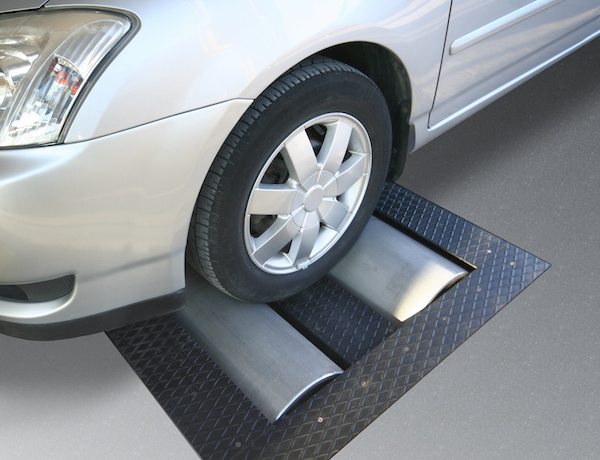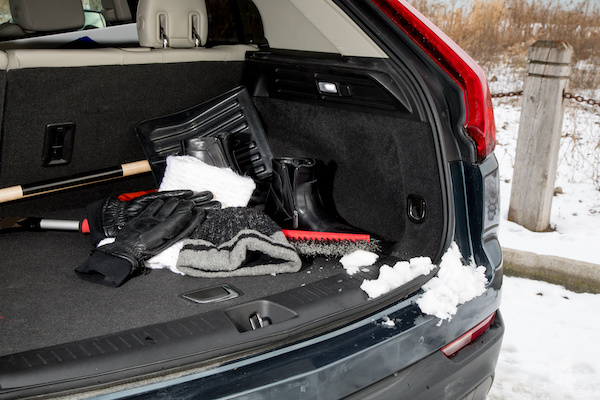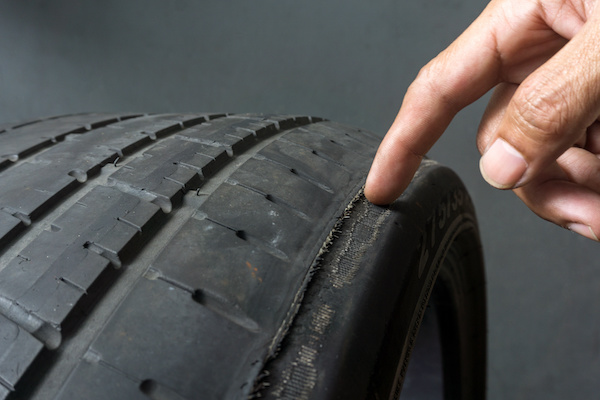Posted on 2/27/2023

If you're a car enthusiast, you've probably heard the term "dyno" thrown around. But what exactly are dyno services? And how can they help you get the most out of your car? In this blog post, we'll take a closer look at dyno services and what they can do for you. DYNO Explained Dyno(DYNO), short for dynamometer, is a machine used to measure the power and torque of an engine. It works by applying a load to the engine and measuring how much power it produces. These services are typically offered by automotive performance shops and are used to help car enthusiasts fine-tune their engines for optimal performance. There are two types of dynos: engine dynos and chassis dynos. An engine dyno is a machine that is used to measure the power and torque of an engine outside of the vehicle. The engine is bolted to the dyno, and the machine applies a load to the engine to measure its output. Chassis dynos, on the other hand, are used to measure the power and torque of a car ... read more
Posted on 1/30/2023
.jpeg)
To understand brake rotor resurfacing, you must understand what brake rotors are and their role in disc brake systems. When you press your vehicle’s brake pedal, many parts come together to slow down and stop your vehicle. The brake pads apply a clamp down on the brake rotor to stop your wheels from turning. As a result, your brake rotors wear down over time. The following factors can affect how long your brake rotors last: Type of Brake Pad Brake Rotor’s Effectiveness at Dissipating Heat Exposure to Moisture and Salt When brake pads wear unevenly, they can form a residue on certain parts of the brake rotor. As a result, brake rotors will become uneven too. This occurrence is common in drivers with poor brake habits, such as riding the brake pedal too long or too harshly. You may notice vibrations, wobbly wheels, or unusual sounds when braking with distorted or damaged brake rotors. If your brake rotors become warped or become corroded or rusty, resurfacing is a servi ... read more
Posted on 12/21/2022

Winter weather can be unpredictable and dangerous, and it's important to be prepared for any situation that may arise while you're on the road. This means having an emergency kit on hand just in case! Here's what should be in your winter emergency kit: A blanket: A warm blanket can help you stay warm in case you get stuck in your car for an extended period. Water and non-perishable snacks: It's important to stay hydrated and have some food on hand in case you get stranded. A flashlight: A flashlight can be useful for seeing in the dark or signaling for help. Jumper cables: Dead batteries are a common issue in cold weather, and jumper cables can help you get your car started if you need to. A first aid kit: Accidents can happen, and it's important to have a basic first aid kit on hand in case of any injuries. Tire chains: If you live in an area that gets a lot of snow, tire chains can help you get better traction on slippery roads. An ice scraper: An ic ... read more
Posted on 11/18/2022
.jpeg)
November and December are some of the busiest months on the road due to the holidays. The team at Chicane Motorsport is always looking out for your safety, which is why we want to share our top tips to maneuver through holiday traffic. With roads packed with cars, colder weather, and maybe even some snow, you should be careful. Many Americans travel by car for the holidays, which is why you should plan your departure time accordingly. It is better to get on the road as early as possible. Leaving a couple of days before Thanksgiving and Christmas can help you avoid traffic. You can also check traffic conditions through navigation apps. Typically, they will give you multiple routes. Once you figure it out your plans, it is time to pack. It is important that you are smart with your packing. Don’t forget to bring emergency items like a first aid kit, snacks, flashlights, chargers, vehicle fluids, blankets, a shovel, jumper cables, and of course a spare tire kit. Before you ... read more
Posted on 10/27/2022

Tires will naturally undergo wear and tear due to constant usage. Tires help maintain your car's efficiency, and need to be in good condition for an optimal driving experience. Some various actions or situations will lead to the premature deterioration of tires. The following is what can wear down tires prematurely: Improper Air Pressure Improper inflation of car tires is one of the primary factors that can lead to premature tire wear and tear. The sign of improperly inflated tires will be visible on the outside edge of the treads. When the tire pressure is too high, the middle of the treads will be pronounced. You have to worry more about low tire pressure because tires lose air pressure as you drive. On the other hand, it is crucial to know the optimal tire pressure for your tires to properly inflate them. Not Getting Tire Rotations Tires on the same vehicle will undergo varying amounts of deterioration. The front right tire, in particular, experiences the most damage becaus ... read more